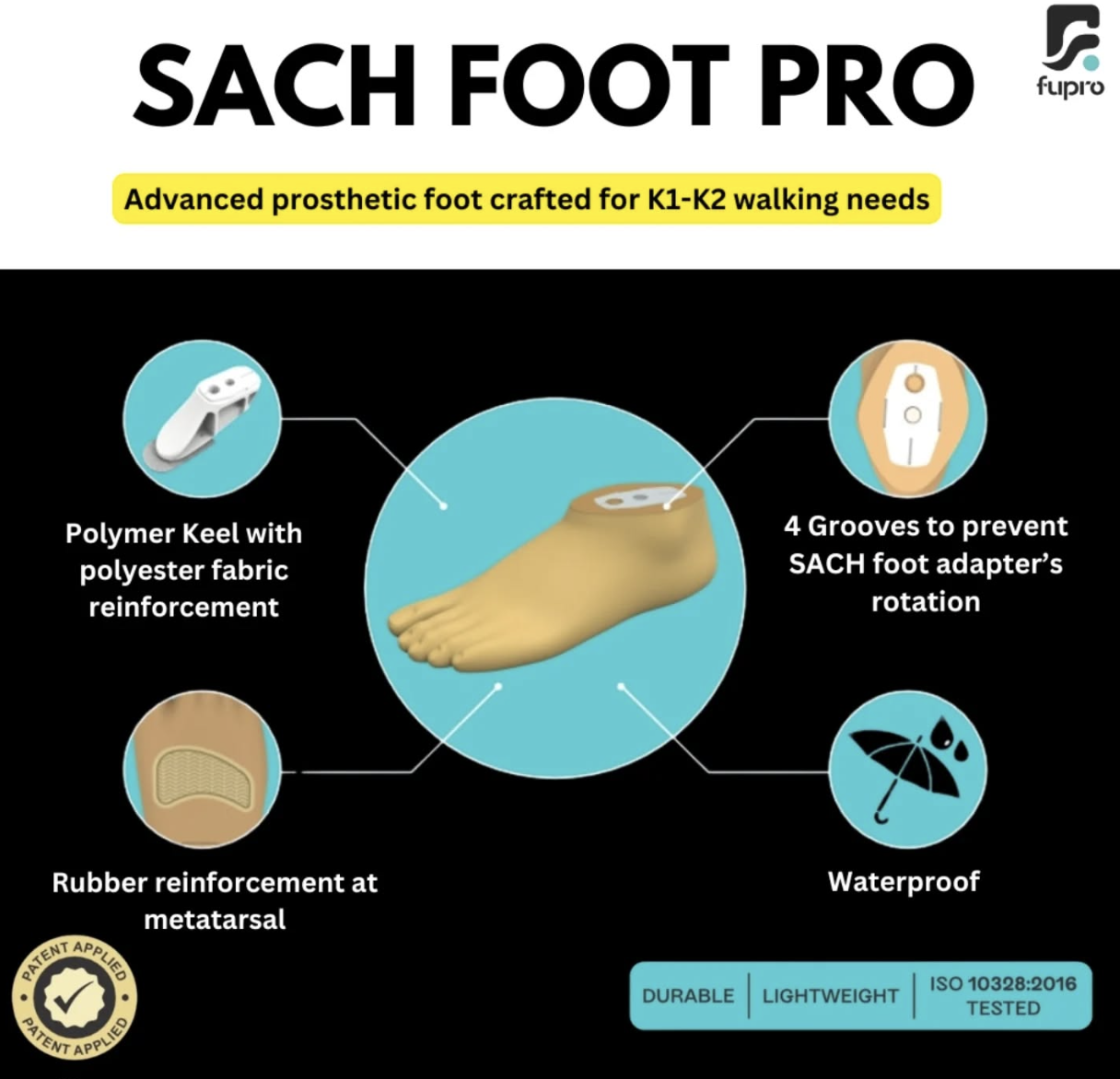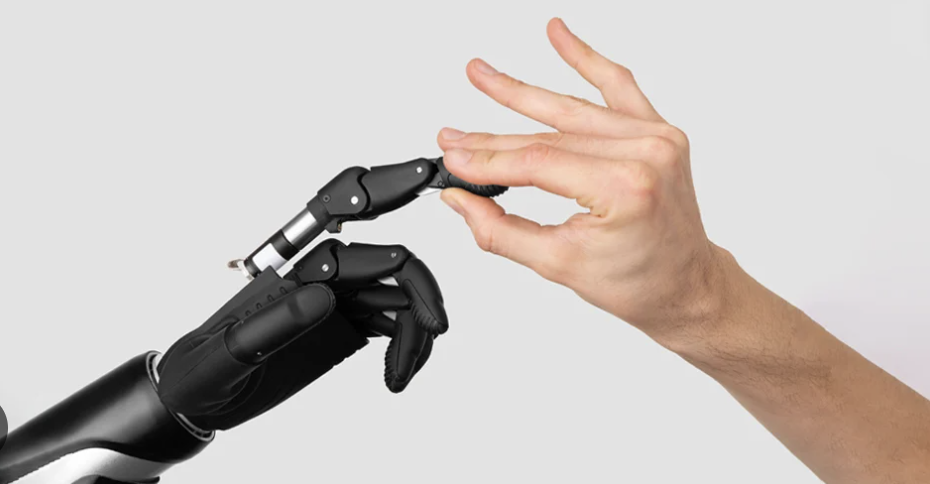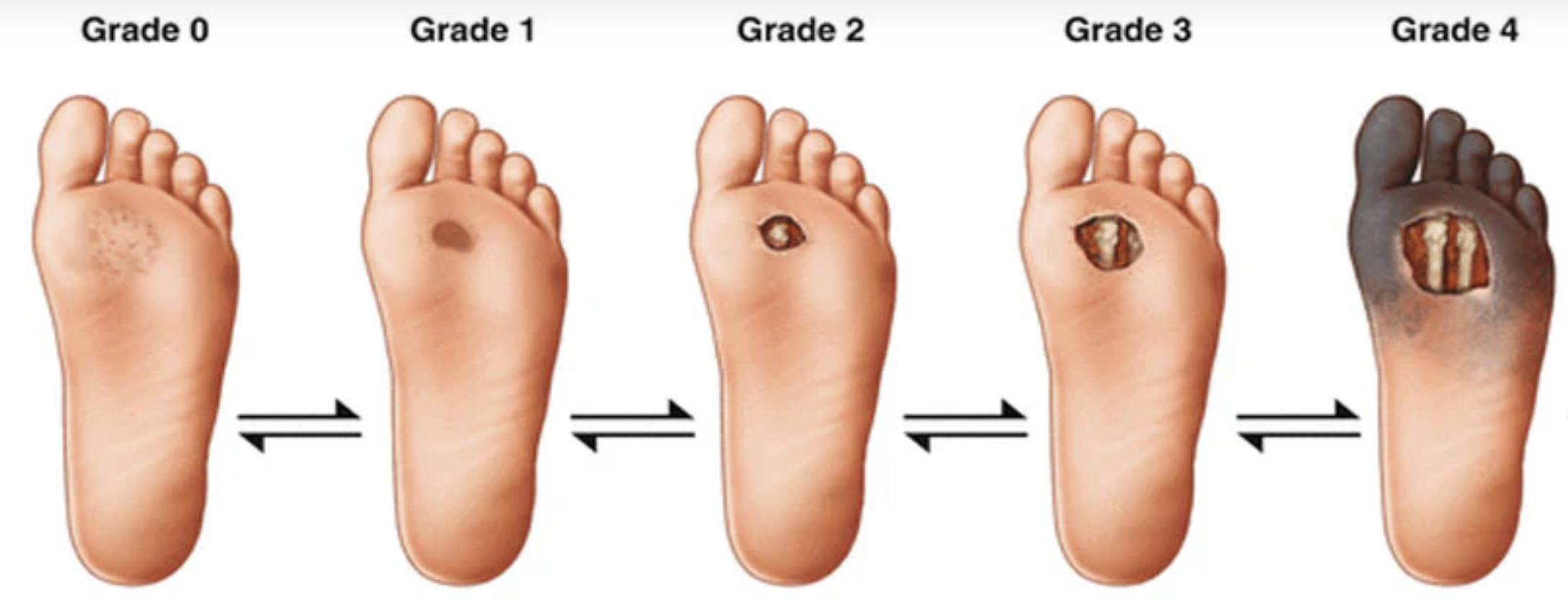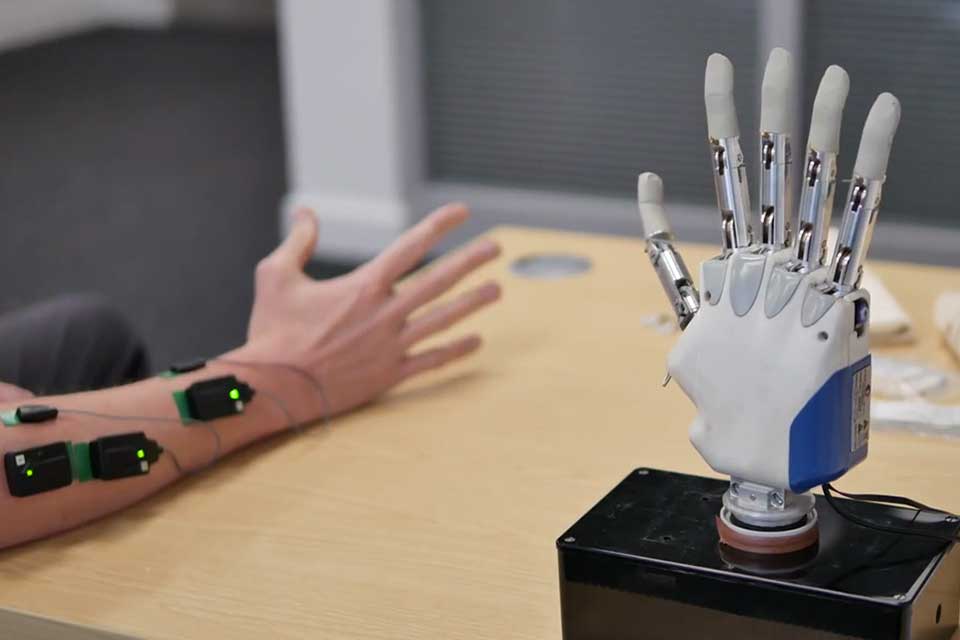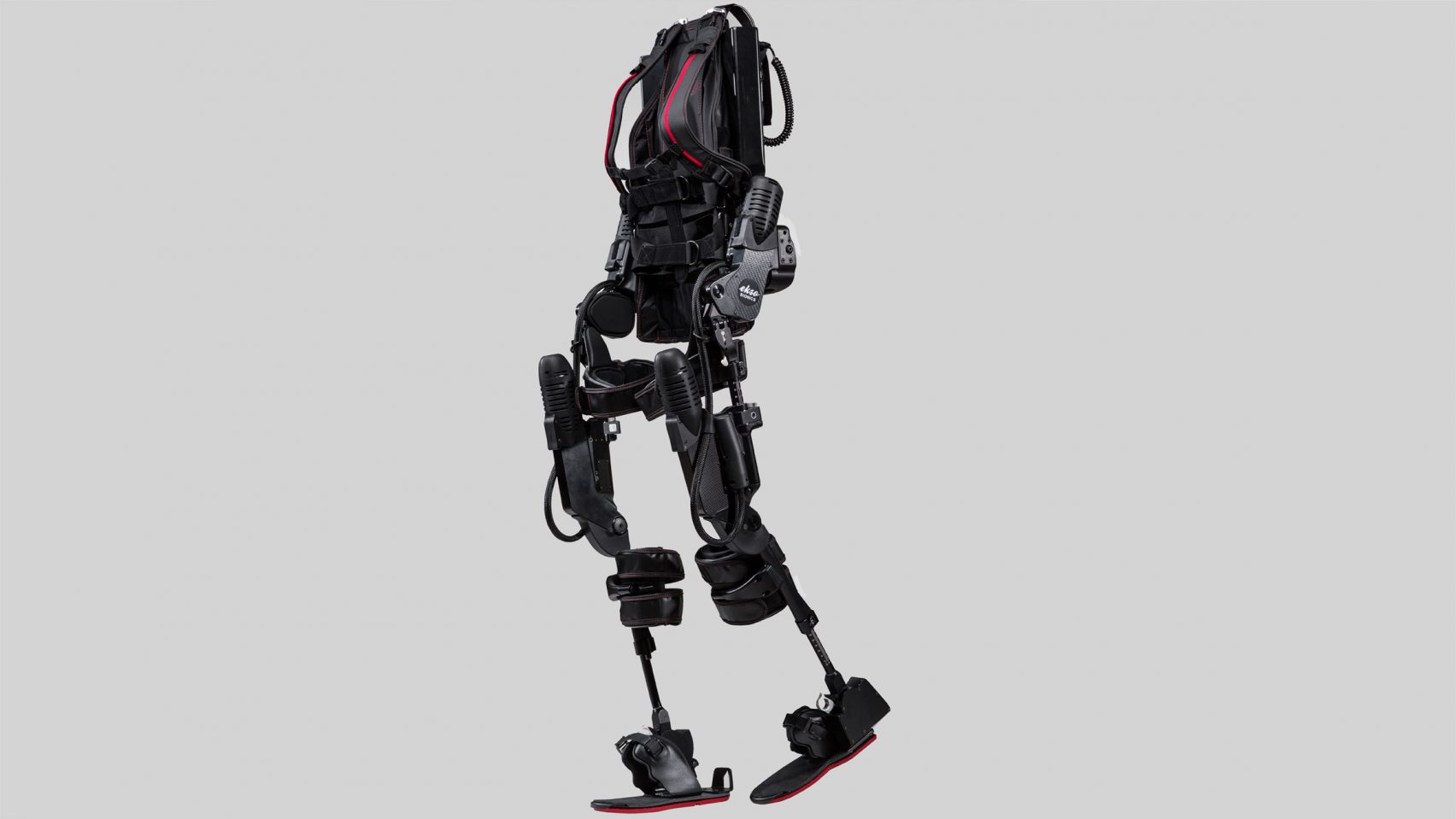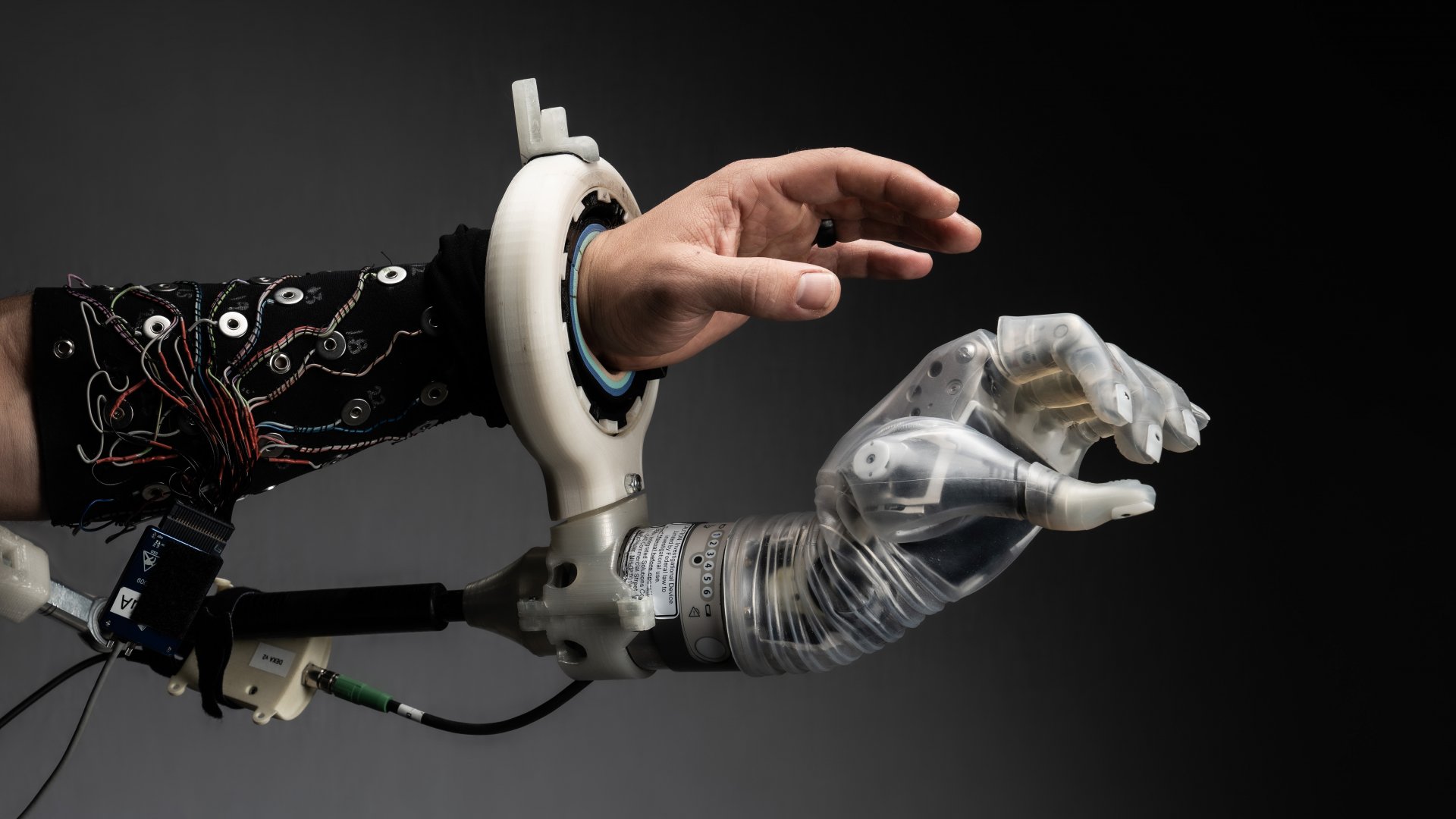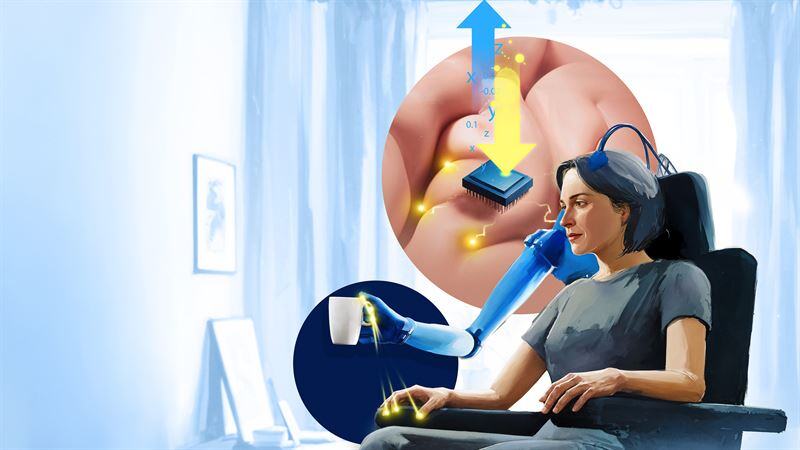From MRI machines to nano scopes, biomedical engineering has saved countless lives. As early as the first artificial limb, the application of engineering principles and design concepts to medicine and biology for healthcare purposes has allowed doctors and nurses to perform their duties. It’s helped war victims replace organs, surgeons bypass the heart, and provided life support in space.
The best biomedical engineers are acutely aware of what patients and physicians need today and will soon need. Invention is part of their DNA – and the rapid advances in technology today promise to supercharge this. To seize the exciting opportunities to develop even more new or improved devices, procedures, or patient care, you must be among those creating such opportunities. It’s by learning from pioneers that you become a future leader in this field.
The following selection of universities are home to academics at the forefront of innovation and collaboration with leading physicians and industry partners.
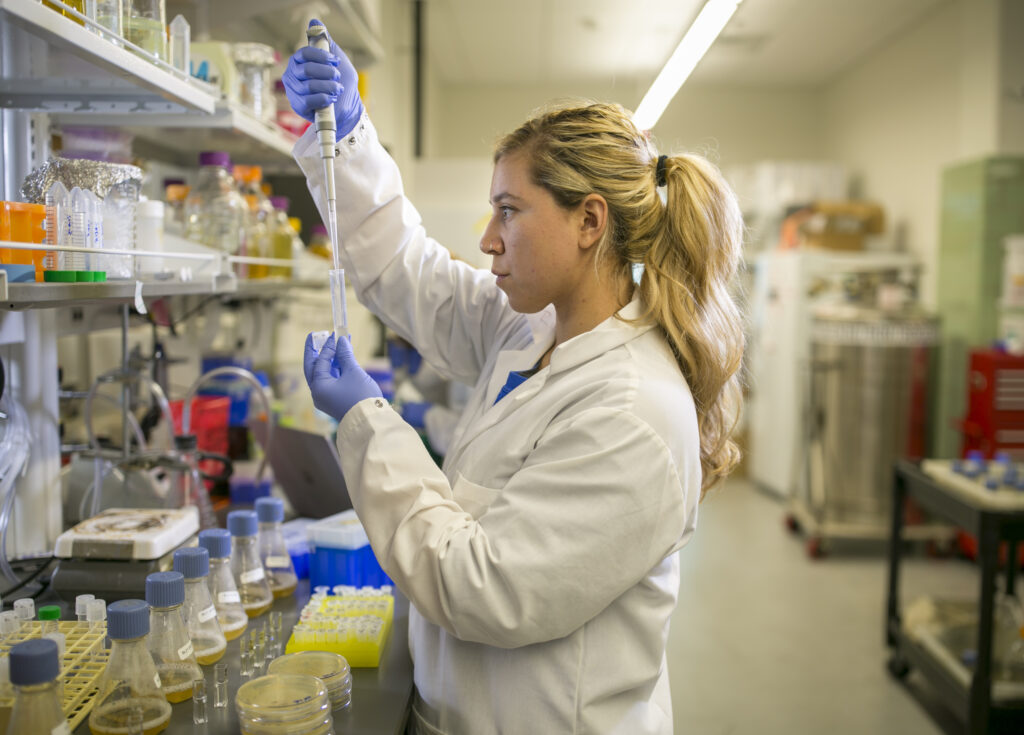
As one of the oldest and top biomedical engineering departments in the US, Duke University’s Department of Biomedical Engineering is a leader in research and education. Source: Duke University
Duke University
Biomedical Engineering at Duke University has a long history of achievements. From pioneering AI technologies for early detection and treatment of diseases and drug discovery to slowing mother-to-baby HIV transmission, developing self-healing lab-grown muscle, and breakthroughs in ultrasound and medical devices, Duke BME’s impact on healthcare is undeniable.
Since its founding in 1971 as one of the first biomedical engineering departments in the US, it has remained at the forefront of the field – ranking #2 for its graduate BME program (US News and World Report), drawing US$38 million in new research awards in 2024,founding over 20 startups that bring its research out of the lab and into the marketplace, as well as equipping students with the skills they need to carve out successful leadership careers in biotech, medtech, and beyond.
Within this ecosystem of innovation and engineering excellence, there’s seemingly no shortage of inspiration that can transform graduate students into future high-impact professionals. Under the guidance of pioneering faculty who are recognized leaders in new and growing areas of the field, programs like the MS in Biomedical Engineering, MEng in Biomedical Engineering, MEng Medical Technology Design, and a dual MD+MEng become launchpads to in industry around the world.
Duke BME graduates hold titles such as Design Engineer, Machine Learning Scientist, Research Scientist, Managing Patent Lawyer, Product Development Engineer, Quality Engineer, or Product Manager at a wide range of organizations. These include private enterprises like Abbott Laboratories, GE Healthcare, Medtronic, Johnson & Johnson, and Siemens, as well as select academic institutions such as MIT, Duke University, Dartmouth College, Georgia Institute of Technology, University of Michigan, and Vanderbilt University.
BME graduate Anna Wilhelm Menon went on to work at the NASA Johnson Space Center as a biomedical flight controller in the International Space Station’s mission control before flying to space as a mission specialist and medical officer in the Polaris Dawn Mission. At GE Healthcare, Janelle Balesh combatted the primary failure modes of next-generation CT scanner’s X-ray tube components, developed protocols for safe and effective radiation dose, and designed accessories to make the patient scanning experience more comfortable. After graduating from the BME program, Jordan Ekaidat became a data scientist for WOO Sports, an action sports startup in Boston, where he built a sensor for action sports athletes that can detect the tricks they do and give them a score for their execution.
Want to join their ranks and pioneer new medical technology or areas of research? Apply to Duke BME today.
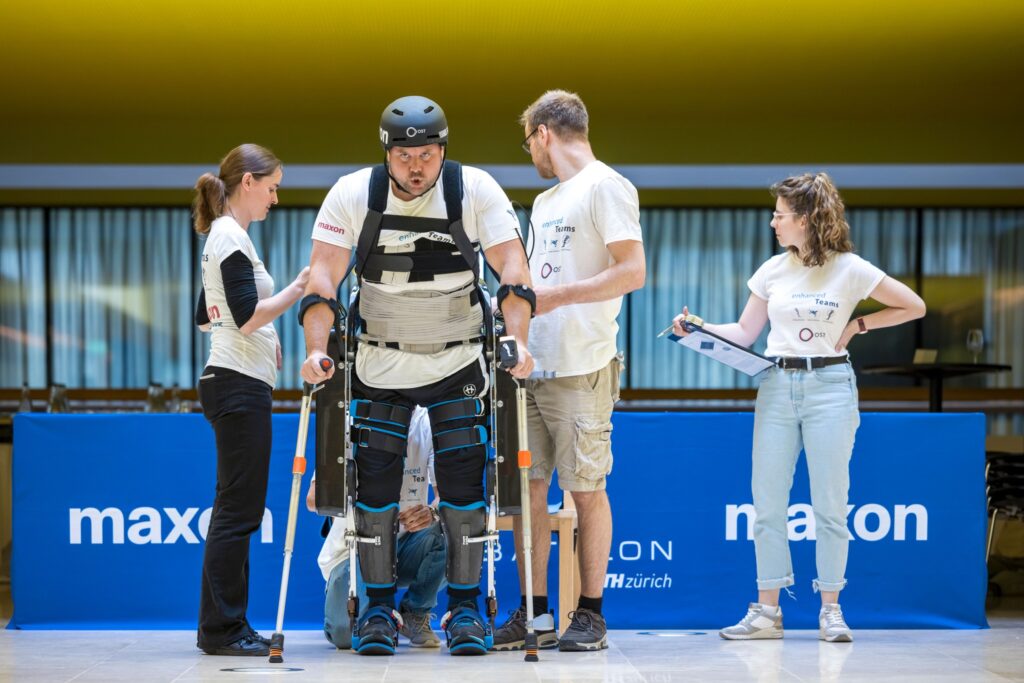
The UTH Zürich’s specialised Master of Science in Biomedical Engineering programme provides a comprehensive interdisciplinary education complemented by world-class research projects. Source: ETH Zürich/Facebook
ETH Zürich
Founded in 1855, ETH Zürich attracts over 22,000 students from more than 120 countries, including 4,200 doctoral candidates. With more than 500 professors leading the way, ETH Zürich offers programmes in fields like engineering, architecture, mathematics, and social sciences.
Among its many departments is the Department of Information Technology and Electrical Engineering (D-ITET). It features 19 research laboratories focused on integrated circuits, computer networks, wireless communications, signal processing, control theory, power electronics, and more. The department is also known for its strong research initiatives in biomedical engineering and neural information processing.
Here, students can pursue the Master Biomedical Engineering. This programme was created to meet the growing need for scientists who can work at the intersection of biology, medicine, engineering, and physics. With strong support from ETH Zürich, the University Hospital of Zürich, and the Paul Scherrer Institute, this programme drives innovative biomedical engineering research, encourages biotech spin-offs, and offers several interdisciplinary academic opportunities.
The MSc’s curriculum is rich and varied, drawing from eight different departments. Students can choose one of five specialised tracks: Bioelectronics, Bioimaging, Biomechanics, Medical Physics, or Molecular Bioengineering. In addition to essential semester and master projects, students can engage in research projects or industry internships, enhancing their practical experience. For those with a background in engineering, the programme also includes lectures in Biology, Anatomy, and Physiology, ensuring a well-rounded education that prepares them for future challenges in the field.

NUS provides programmes leading to advanced degrees and a graduate certificate programme tailored to accommodate diverse interests and aspirations. Source: Department of Biomedical Engineering, NUS/Facebook
National University of Singapore
Established in 2002, the National University of Singapore‘s Department of Biomedical Engineering (BME) thrives on a vibrant blend of expertise. Its faculty, drawn from engineering, life sciences, and medicine, are from diverse backgrounds and often hold joint appointments with prestigious institutions, reflecting the department’s commitment to multidisciplinary research and education.
BME’s core strengths lie in areas like Biomaterials, Biomechanics, and Bionanotechnology, paving the way for groundbreaking advancements in Tissue Engineering, Medical Imaging, and Medical Devices. Last year alone, the department secured over 4.5 million Singaporean dollars in research funding, fuelling breakthroughs like Professor Zhang Yong’s “up-conversion” nanocrystals for treating melanoma and Associate Professor Chen Nanguang’s progress on diffuse optical tomography, a potential game-changer in cancer detection.
The department offers advanced degrees and graduate certificates such as the Master of Science (MSc) in Biomedical Engineering. This programme, meticulously crafted to nurture “holistic engineers,” equips students with the analytical prowess and biomedical knowledge needed to tackle healthcare challenges from engineering and medical perspectives. Graduates stand to contribute to the booming healthcare innovation landscape and address the long-term prominence of healthcare issues in our ageing society.
With elective courses like Cellular Bioengineering and Medical Robotics, BME students can carve their paths within the realm of healthcare technology. Whether they envision careers in academia, research, or industry, the department’s rigorous curriculum and renowned faculty provide the perfect launchpad for a future at the forefront of healthcare advancements.

Lessons in this department go beyond classroom work with research going on outside of class to work on some of the most ground-breaking breakthroughs in biomedical engineering. Source: The University of Melbourne/Facebook
University of Melbourne
The Department of Biomedical Engineering at the University of Melbourne gathers the top engineers, biomedical researchers, clinical practitioners, and industry partners, to work towards a common goal: to create solutions that can solve today’s medical problems. Here, you will work with these experts along research themes like biomaterials and tissue engineering, biomechanics and mechanobiology, biomedical imaging, neural engineering, systems and synthetic biology, and biomicrosystems.
Enrolling in this department means completing five years of study, starting with a Biomedical Engineering Systems major in a three-year undergraduate degree, followed by a two-year Master of Biomedical Engineering.
During this period, you will engage with government and industry partners as they provide you the platforms for translational research and access to some of the most ground-breaking breakthroughs in biomedical engineering. Take Professor Anthony Burkitt and his team in Bionic Vision Australia’s work on the bionic eye prototype, for example. The professor – who has helped to create the bionic ear – is now turning his attention to the challenges of a bionic eye that can translate information from a camera into electrical signals the optic nerve can read.
“We were aiming to provide enough information to allow a blind person to regain their mobility,” says Professor Burkitt. “The volunteers reported seeing ‘phosphenes,’ flashes of light that resemble a pixelated image, and they could scan a visual scene and extract quite a lot of information, enough to perceive obstacles and restore the ability to carry out everyday activities.”

